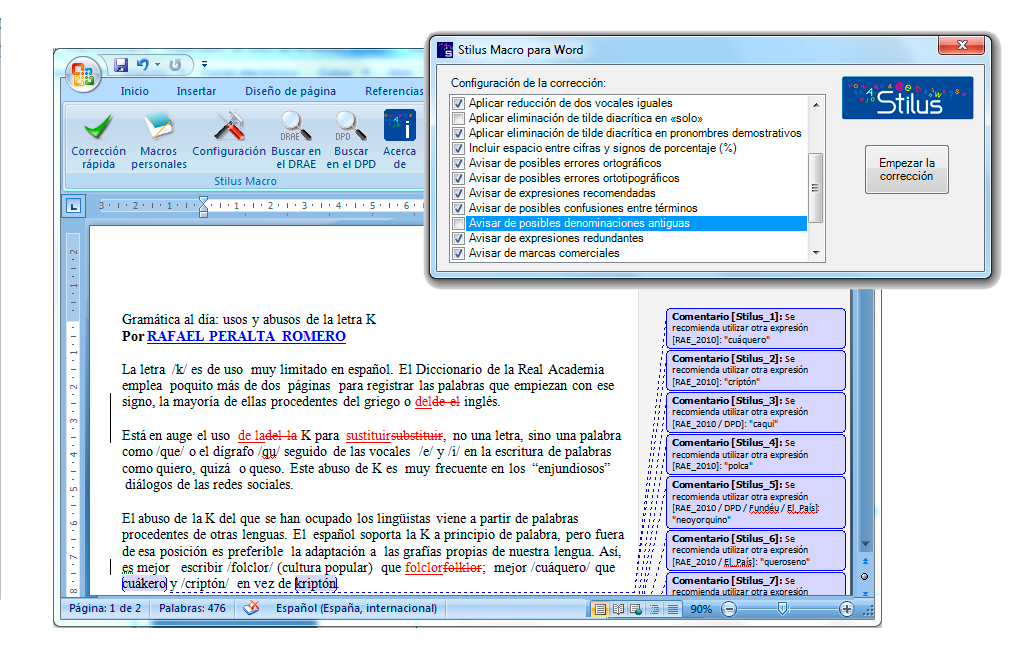Under the slogan: “Tus palabras son tu imagen” (“Your words are your image”), the Third International Conference on Spanish Language Proofreading (3CICTE) was held in Madrid on October 24, 25 and 26, promoted by La Unión de Correctores de España (UniCo), a well-known Spanish association of proofreaders. The conference, preceded by the ones celebrated in 2011 in Buenos Aires (Argentina) and in 2012 in Guadalajara (Mexico), exceeded 250 attendees combining professionals, speakers and organizers.
The Casa del Lector (Madrid) was the best venue to discuss the current situation of the editing industry in Spain, Latin America and Europe. As host association, UniCo managed to convert the 3CICTE into a meeting that broadened the horizons way beyond the edition on paper. The specialization in particular areas and the new market niches open to these professionals were the key points. Among other professional challenges, the aim was to give a twist to an industry that can no longer ignore the benefits of technology. The words of the president of the association, Antonio Martín, in the prologue to the No. 0 of UniCo’s magazine were revealing:
“This conference will constitute a turning point, because it is intended for the future: it is not just another meeting we will attend and keep a bunch of good memories; this conference wants to change the direction of our work. I know that this will bother somebody, precisely those who have never wanted to change anything for the benefit of a tradition. For this reason, the conference is not for them, nor tries to upset them. In the last ten years the world has changed a
nd we as proofreaders are proving that we are prepared to address the challenges. […] We as proofreaders are tidying up the house”.
It became clear that the demand for proofreading on paper is shrinking, whereas in digital media it is noticeably growing. Additionally, to avoid professional intrusion in the 2.0 environment, professionals should specialize in programming languages and know the platforms for digital edition.
Another problem that freelance proofreaders often have to face is the low profitability of their work; they need to better monetize their proofreading or consulting services to make them more gainful. This might be achieved by raising rates (which today is quite difficult when it comes to get an order) or increasing productivity, in order to cope with the deadlines imposed by different customers without having to reject orders. The automated control of the economic performance and the billable hours, the application of techniques as macro editing or the use of assisted proofreading tools like Stilus were three of the most practical solutions discussed in the moment of providing answers in that regard.
Proofreaders and “automatic proofreaders”
The fact that most newspaper offices get by without human proofreaders and that their presence in publishing houses has been reduced to the minimum is evident. The delicate economic situation and the limited commitment to linguistic quality that paradoxically these media are showing mean that, optimistically, the quality assurance is often limited to the employment of software. Representatives of other European associations of proofreaders (France, Switzerland, and United Kingdom) pointed out that in the English and French publishing processes the figure of the “first proofreader” has already been replaced by increasingly sophisticated technology. This will happen in the Spanish-speaking countries too, it’s just a matter of time.
We endorse the opinion of our European colleagues, and from our position of developers, we would like to emphasize that, while it is true that nowadays intelligent technologies can offer good results in the first cleaning of spelling and style, they are not yet ready to perform tasks of “proofreading” in its broader meaning (it seems rather far-fetched, despite their tremendous potential). This means that they are generally used as a remedy with the aim of reducing costs, giving acceptable but less professional results if compared with what would be achieved in combination with a human supervision. In such context it is not surprising that critics often go against the software rather than the people in charge who choose to employ it as the only way to check the linguistic quality (in the best scenarios).
How to react to this situation? At the 3CICTE things were made clear. For the first time in a forum on professional proofreading in Spanish, the unproductive hostility to technology was left out. So why not consider technology also to our own advantage? Why not think about it as a new market niche? Today, not only professional language technology tools do exist, but they also require language professionals to develop and improve them.
Macro editing and Stilus, among the solutions to increase the professional proofreader’s productivity
The Third International Conference on Spanish Language Proofreading was intended for the future. For this reason, it was essential to provide solutions to one of the most serious problems in the industry: the low profitability of the profession. Proofreading with macros by Paul Beverley, one of the pioneers in the technique, and the presentation of Stilus as a system for assisted proofreading were two of the proposals.
We have already spoken about the capabilities and features of Stilus as spellchecker for text in Spanish on other occasions, but we would like to remark that its use by experts increases the benefits in terms of corporate consistency, stylistic criteria and productivity.
 Who uses Stilus does not run the risk of deviating from the academic norms, even choosing an atypical linguistic configuration. However, a critical and trained ability is essential when choosing the combination of parameters and validate correctly the tool’s output. Any automated process of this kind may make x number of mistakes, falling into what in technology is known as “false positive”. If these false warnings go together with a credible argumentation (as in fact happens in Stilus), an inexperienced user could fall into a trap, unintentional but unavoidable from the computational point of view. For this reason, despite being a didactic technology, its employment in the professional field is still more interesting.
Who uses Stilus does not run the risk of deviating from the academic norms, even choosing an atypical linguistic configuration. However, a critical and trained ability is essential when choosing the combination of parameters and validate correctly the tool’s output. Any automated process of this kind may make x number of mistakes, falling into what in technology is known as “false positive”. If these false warnings go together with a credible argumentation (as in fact happens in Stilus), an inexperienced user could fall into a trap, unintentional but unavoidable from the computational point of view. For this reason, despite being a didactic technology, its employment in the professional field is still more interesting.
Furthermore, knowing in advance the ambitions of the conference, Daedalus decided that the 3CICTE would have been the ideal setting for the official presentation of Stilus Macro for Word (the new add-in of Stilus).
 In the last years there has been a growing demand for training in macro editing. The pioneers Jack Lyon, founder of www.editorium.com, and Paul Beverley, author of the free manual Computer Tools for Editors, already have hundreds of professional supporters and customers in the American publishing industry. The technique is actually advantageous in terms of precision, textual consistency and productivity. Nevertheless, when asked by Beverley himself about its implementation, many correctors confessed having attended some courses, but could not apply and exploit the technique in their daily work. The add-in of Stilus has been developed to make this type of proofreading accessible, at least in its most basic conception.
In the last years there has been a growing demand for training in macro editing. The pioneers Jack Lyon, founder of www.editorium.com, and Paul Beverley, author of the free manual Computer Tools for Editors, already have hundreds of professional supporters and customers in the American publishing industry. The technique is actually advantageous in terms of precision, textual consistency and productivity. Nevertheless, when asked by Beverley himself about its implementation, many correctors confessed having attended some courses, but could not apply and exploit the technique in their daily work. The add-in of Stilus has been developed to make this type of proofreading accessible, at least in its most basic conception.
Inspired by a philosophy similar to the one behind FRedit, the simplest and most popular macro created by Paul Beverley, Stilus Macro for Word searches and replaces hundreds of thousands of spelling, typography and style patterns in Spanish (as well as personalized replacements) by pressing a button. In this way, it is able to run almost 200 000 error patterns and proofread a text of about 50 000 words in three minutes, tracking changes. The professional will only have to validate the output (accepting all changes, except those considered not appropriate) to obtain a first cleaning of the text.
Here you can watch the video featuring some demos of Stilus’ modalities that was shown during the Third International Conference on Spanish Language Proofreading.
Will the 4CICTE follow the guidelines set in Spain?

The 4CICTE will be held in Peru. The announcement of the next conference’s location marked the conclusion of the 3CICTE. Sofía Rodríguez, president of Ascot Perú, picked up the baton on behalf of her association to hold the 4CICTE in 2016.
We have to wait and see if the innovative approaches promoted by UniCo will be supported in the following conferences and, most importantly, if they will be applied by the community of proofreaders. It seems clear that to address the challenges of this profession a change of direction is advisable, which should embrace technology among other aspects.
